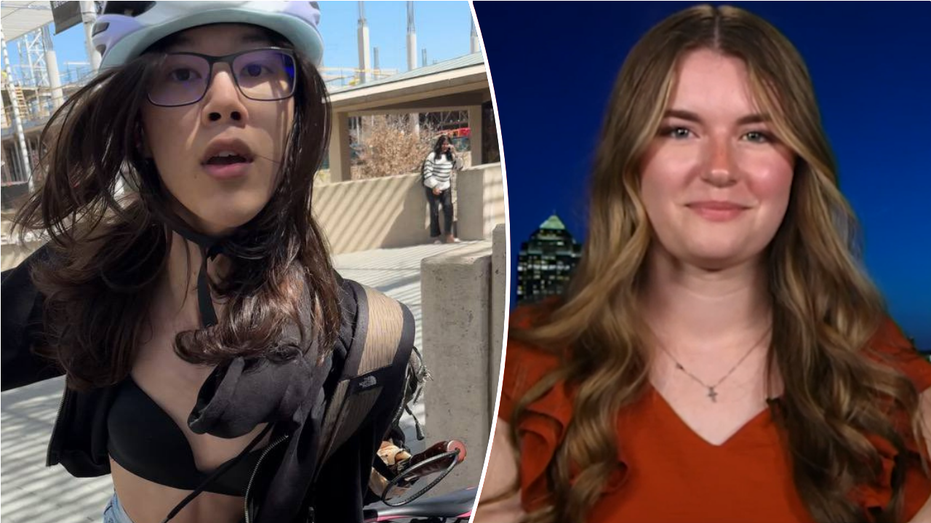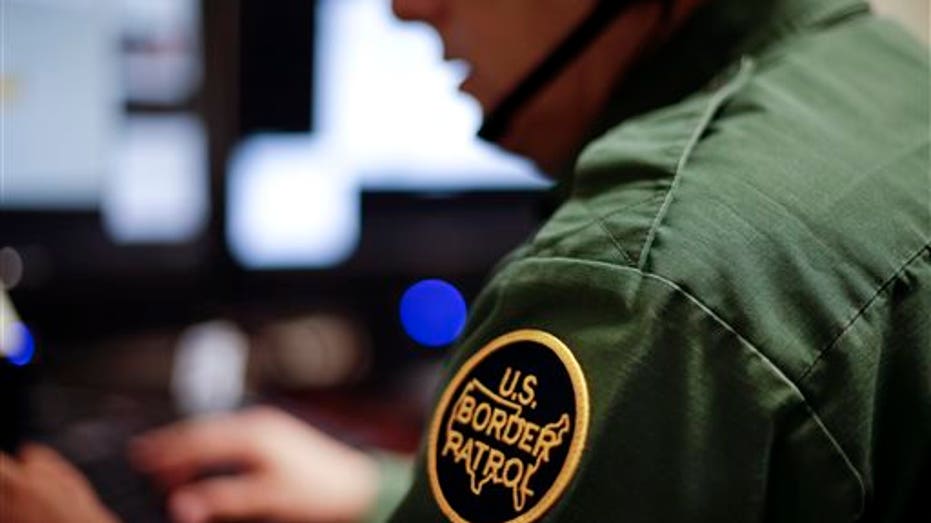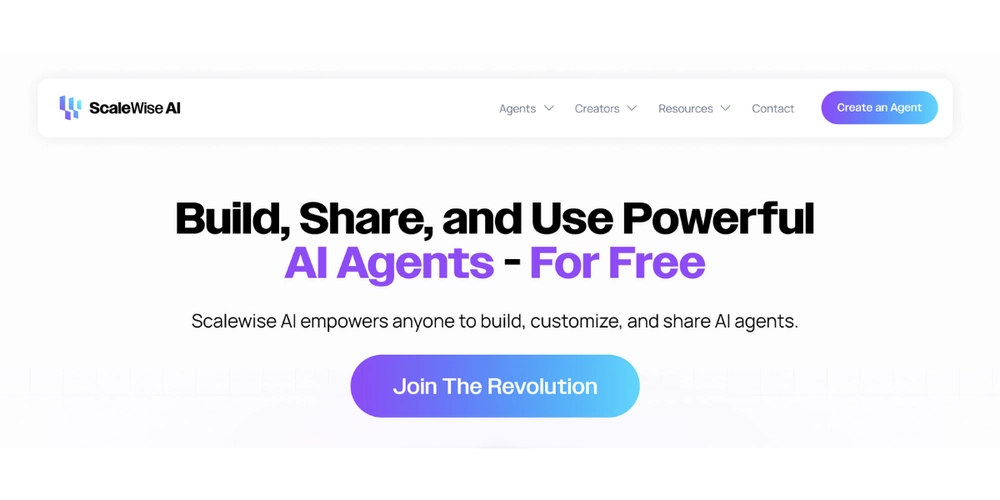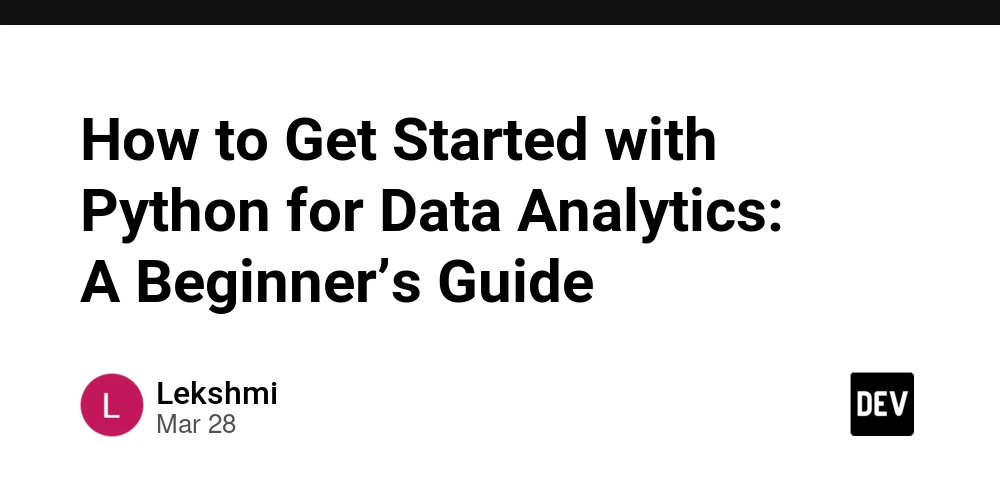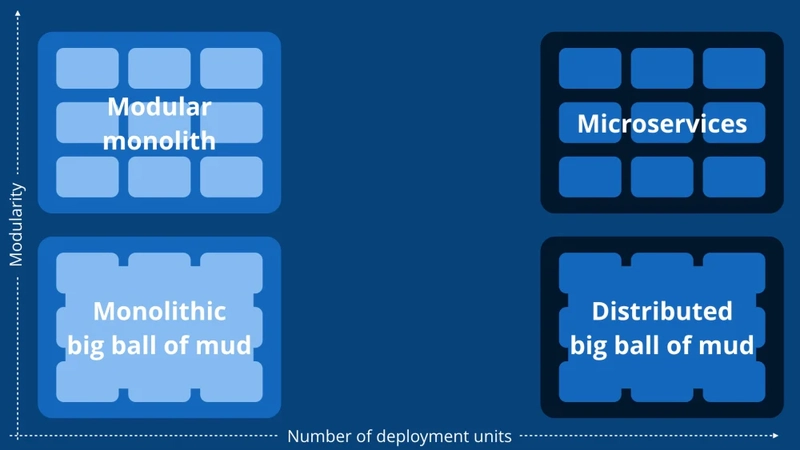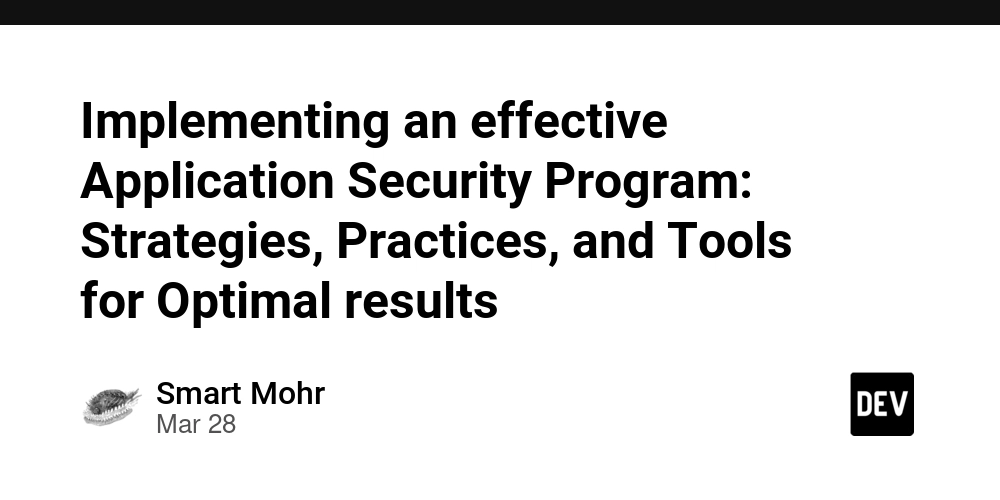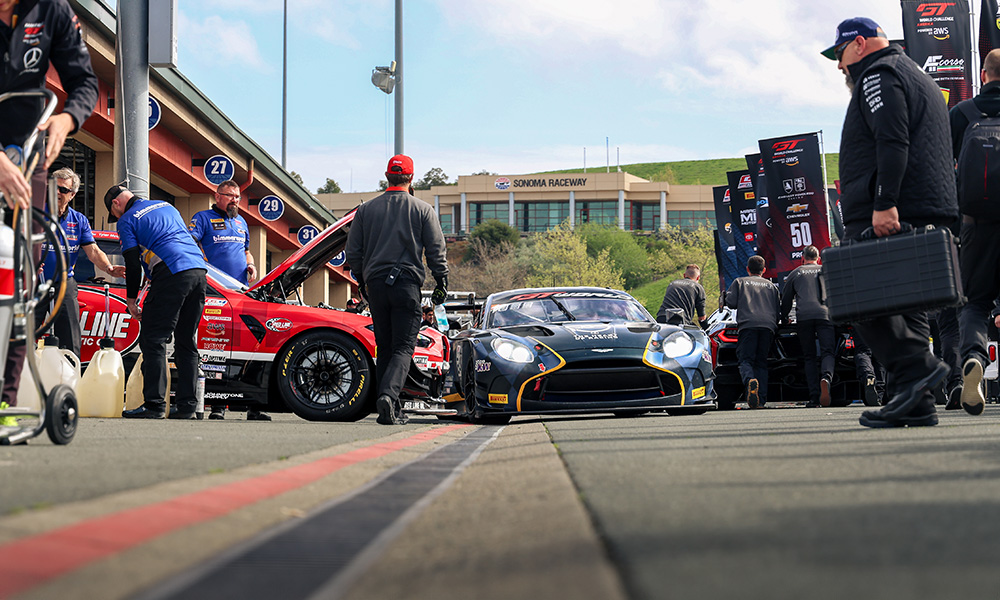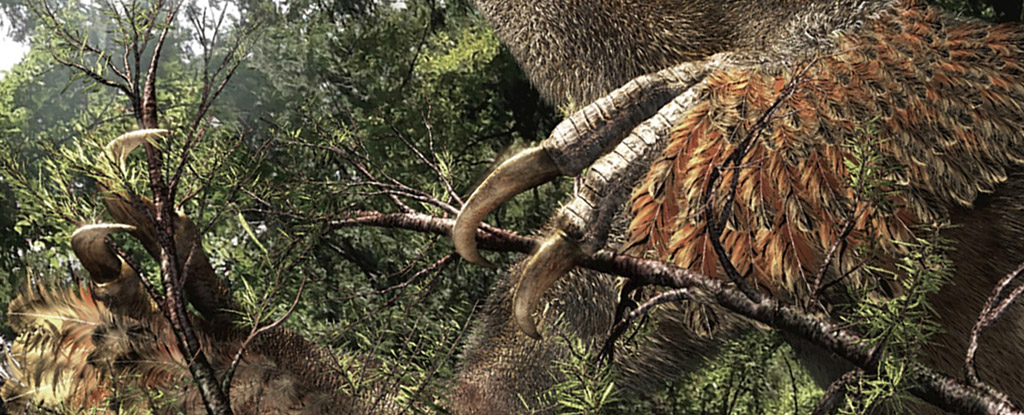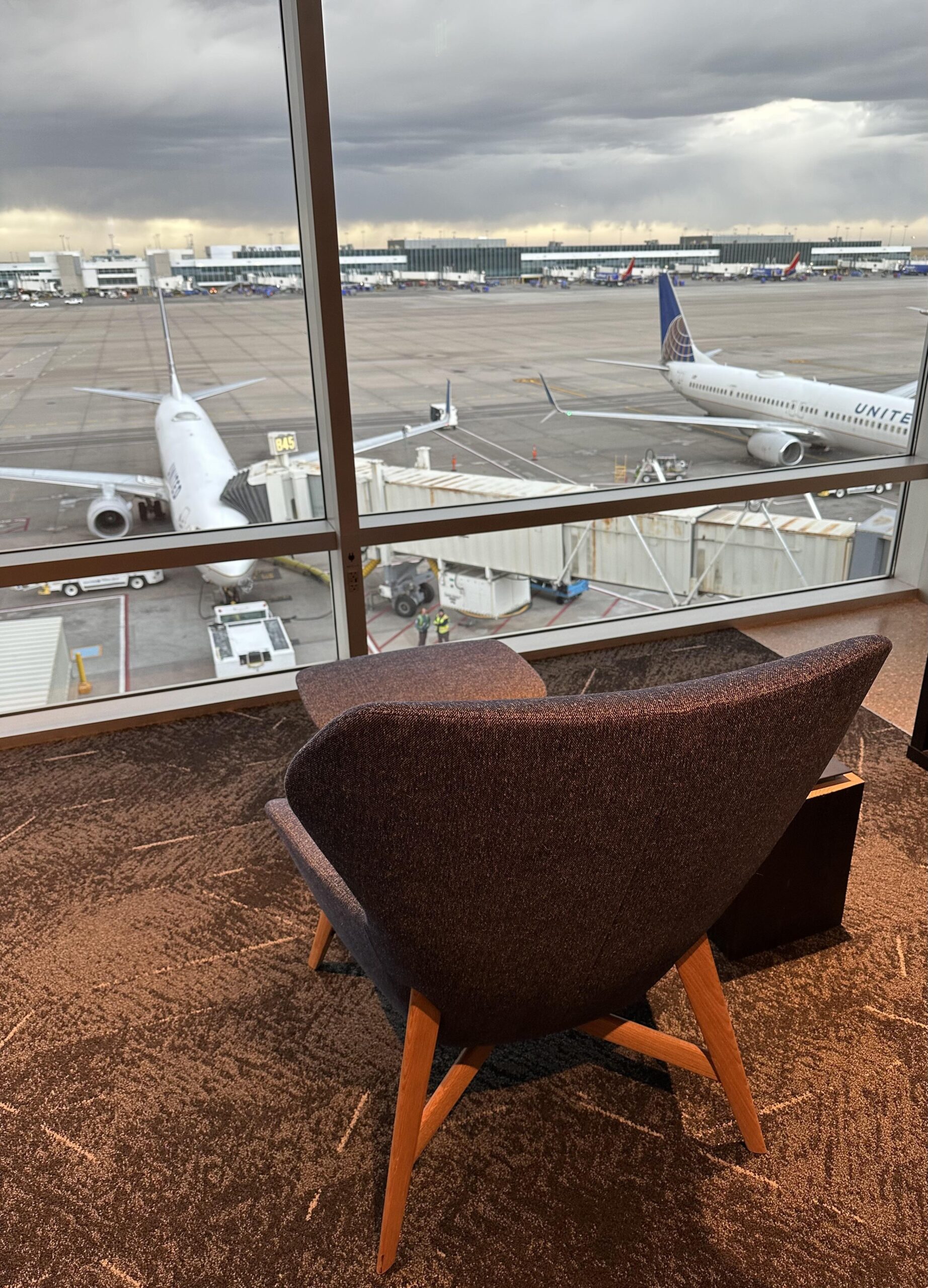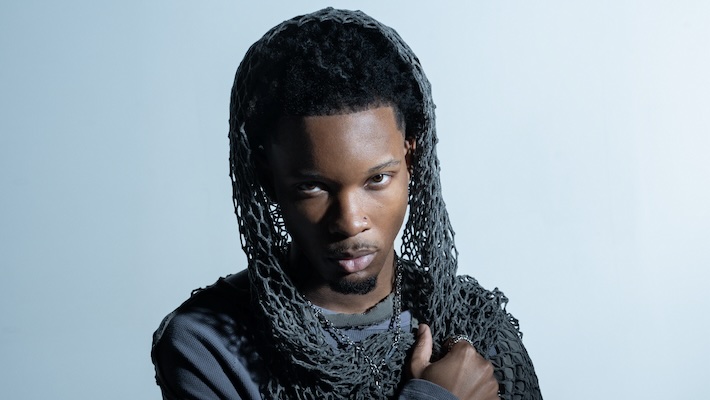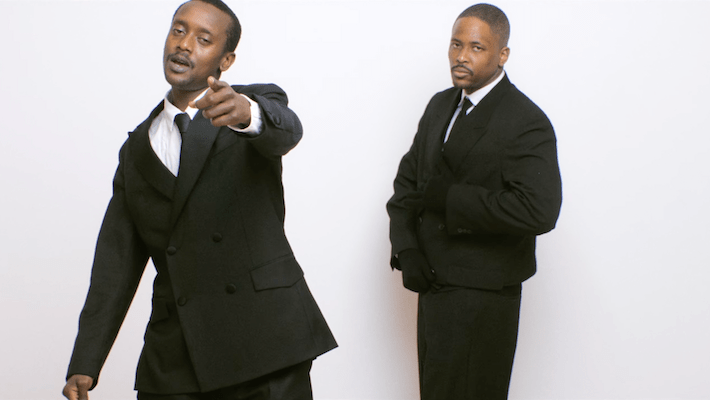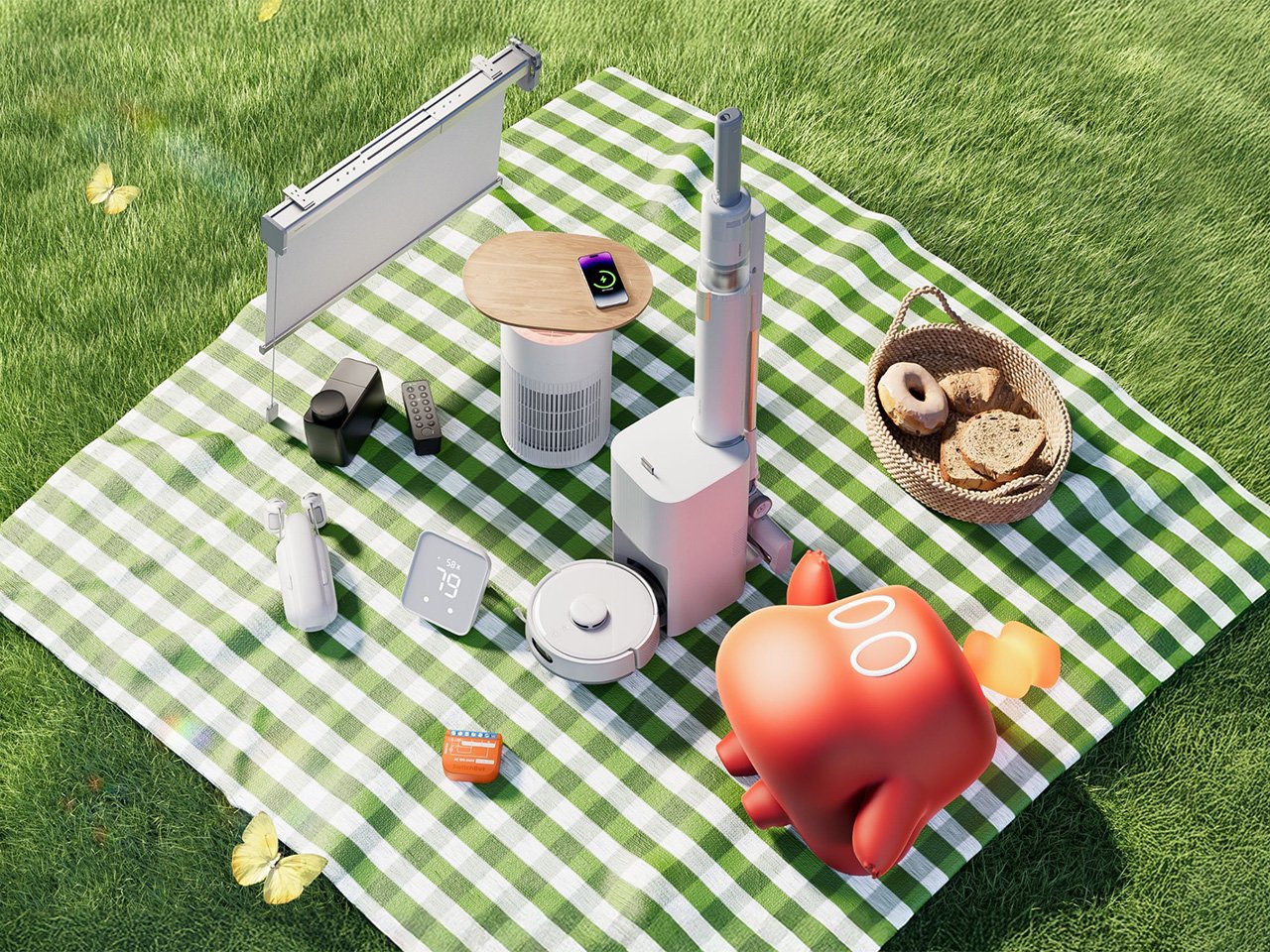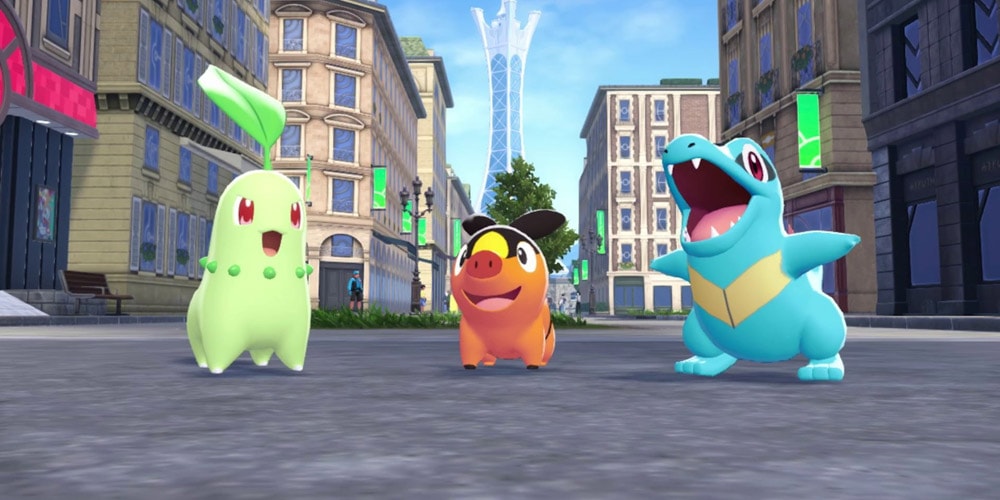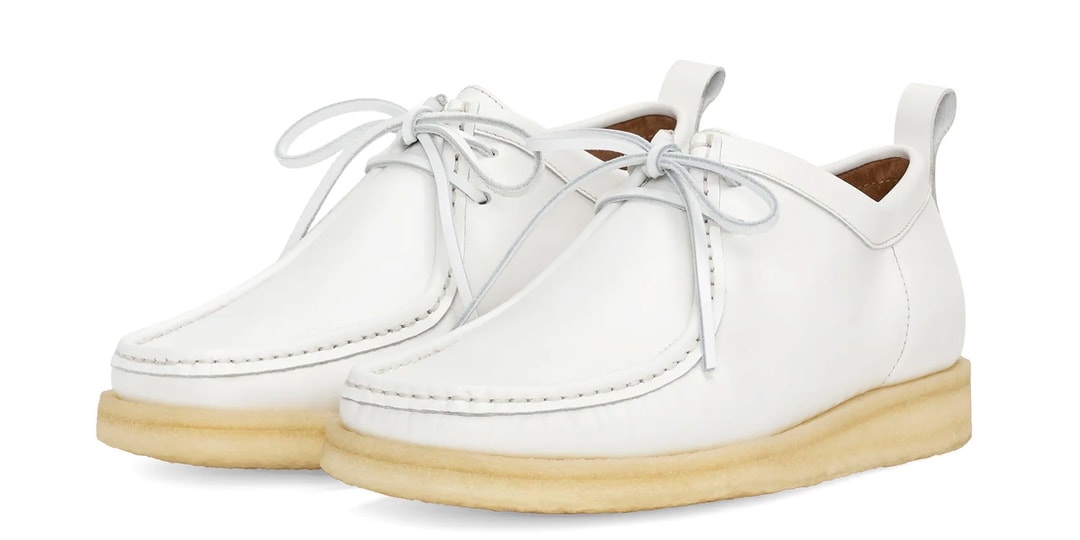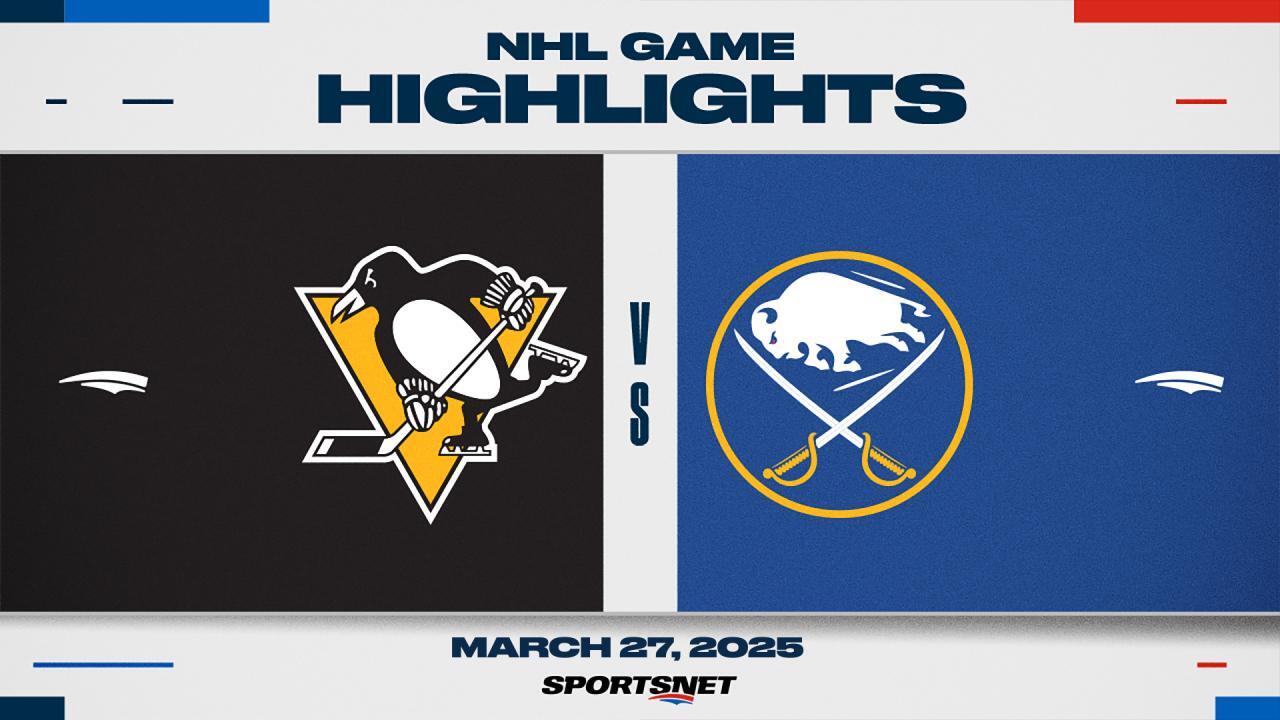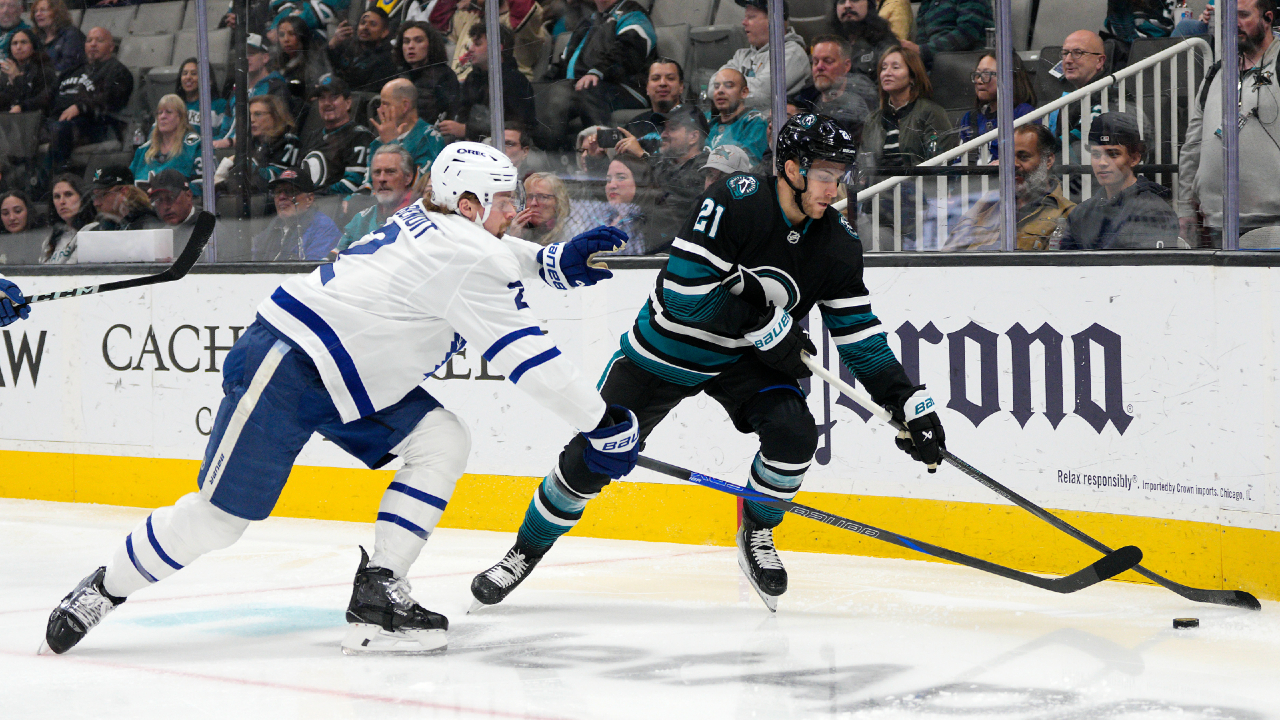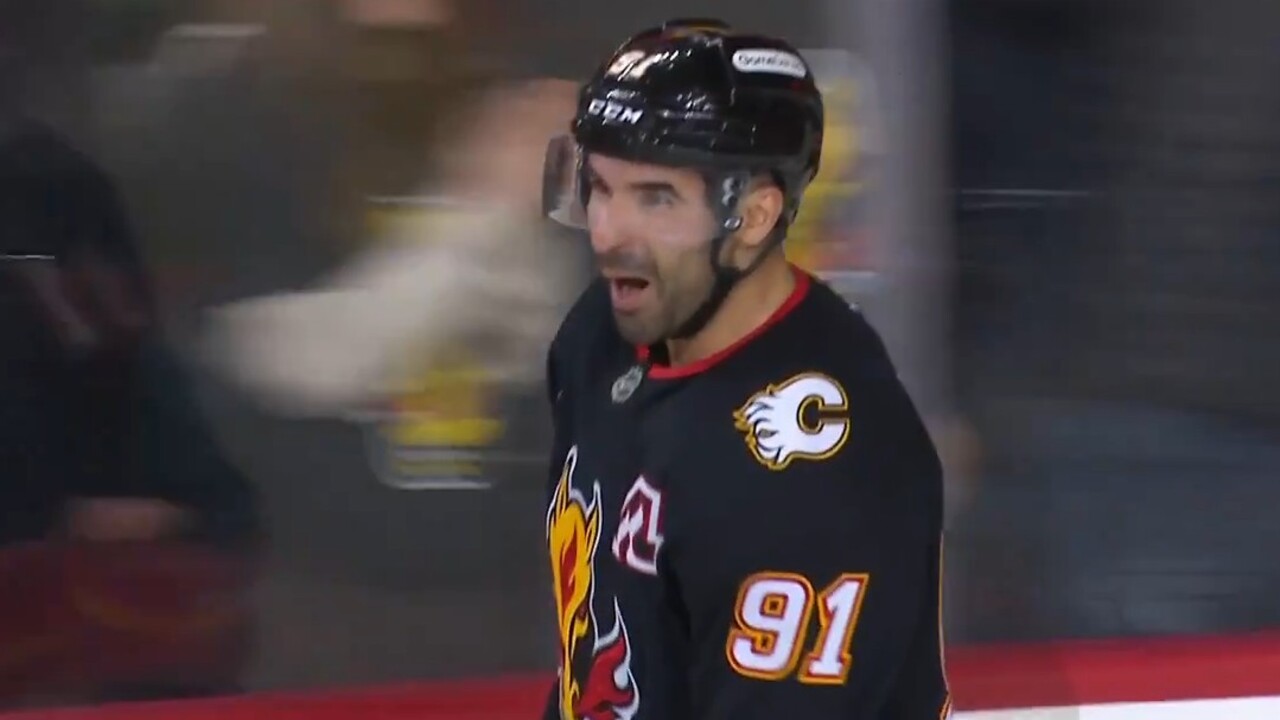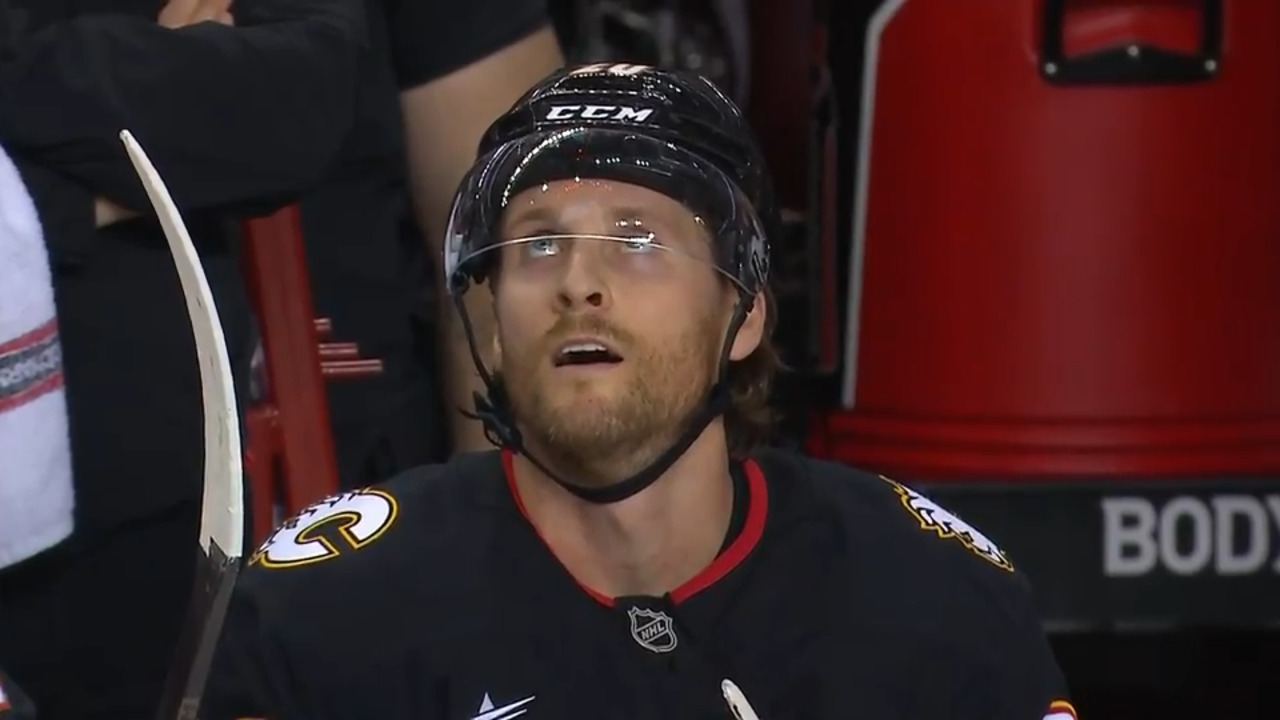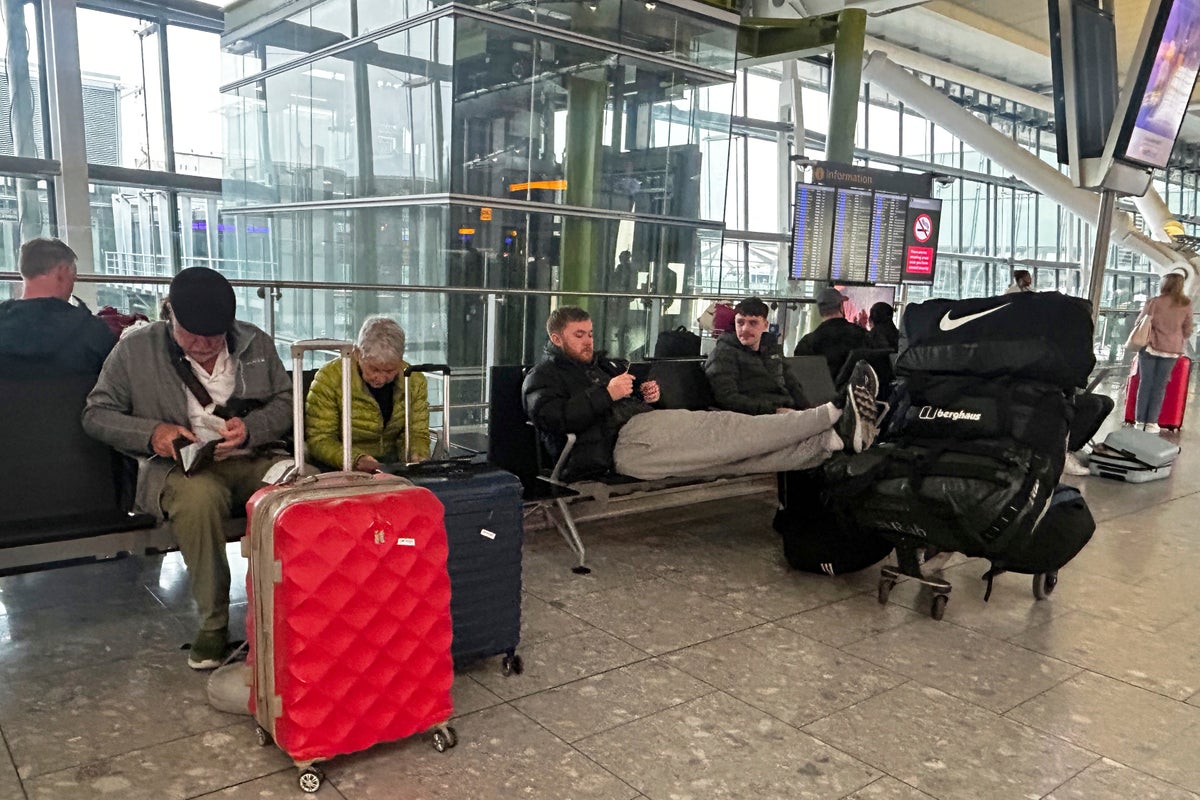Beyond charity, foreign aid is America’s best insurance policy
Foreign aid has always responded to the foreign policy priorities of a new president.

Eight days — that is how long it took for children to lose access to lifesaving HIV medication, after the president’s executive order that paused foreign aid.
Eight days is a blink of an eye in the policy world, where things move glacially or not at all. But it means everything to a five-year-old girl in South Africa, who showed up to her appointment on Jan. 28, only to find her clinic shuttered.
For the last 20 years of my career, I’ve helped make sure that five-year-olds everywhere have access to basic medical care. I have worked on HIV, schistosomiasis, hookworm, trachoma, malaria and malnutrition. You name a disease that makes kids sick, I’ve probably worked on it at some point.
Or I did, until Jan. 31, when I was furloughed from my job at a USAID implementing partner. My career in global health came to an abrupt halt.
It didn’t have to end like this. Foreign aid has always responded to the foreign policy priorities of a new president. Following wars in Iraq, Afghanistan and the Balkans, USAID was there with reconstruction efforts, the front line of our efforts to build functional civil societies.
Under the direction of the first Trump administration, USAID protected and continues to protect the religious freedom of Iraqi Christians. USAID defends against illegal migration from Central America by supporting the reintegration of returned migrants, economic opportunities for women and helping kids stay away from violent gangs. If asked, foreign aid would have followed the priorities of Trump’s second administration, as well.
In 2006, I was following a similar path as many of you. I was a 23-year-old intern, working for an advocacy organization, developing contacts on the Hill and meeting with congressional staffers to explain why health centers were such a critical foundation of the American health system.
I eventually chose global health because of the outsized impact that I believed I could have addressing human suffering. For example, at the time viral infections leading to dehydration were the leading cause of death among children in developing countries, an easily treated problem with clean water and a packet of salt.
Over my career, I’ve seen incredible progress. Dehydration is no longer the leading cause of death among kids — we now have vaccines that prevent infection. From 2000 to 2015, malaria deaths in sub-Saharan Africa have declined by 57 percent, while many tropical diseases are near elimination. Extreme poverty has been cut in half. We were winning this fight.
But foreign aid is not charity. It is the United States’ insurance policy, protecting us from bird flu, ebola, violent terrorism, illegal migration and political instability. USAID provides 200,000 Guatemalans with the skills they need to be secure in their own country so that they do not migrate to the U.S.
It also evangelizes American values, allowing us to share the good news of free markets, free speech and free people. As other countries see these American values in action, they become our allies and trade partners, making us all richer and more secure.
If I had remained in advocacy, I’d likely still be employed. I would be ... you, reading this article at my desk, drinking my first cup of coffee, on the metro trying to find a seat, looking down at my phone while walking from Longworth to Cannon. I might be working for a member of Congress, not as focused on health perhaps, but still working for the American values that I hold dear, as do so many of you.
What would I want this “other Taylor” to know? I would want him to understand the global nature of pandemics, and the importance of foreign aid in preventing them. He should know how much we’ve learned from other health insurance systems and how foreign aid supports knowledge exchange between hospitals in America and those in other countries. I would want him to understand how foreign aid protects us and promotes core American values.
With this knowledge, this other Taylor now has a choice to make. Does he return to his warm cup of coffee, his search for a seat on Metro, his walk to Cannon? Or does he take action, even in the face of enormous pressure to stay silent?
Does he remember that eight days in January can be the difference between life and death for a South African child, realize that America continues to be the shining city on the hill and decide that NOW is the time to save foreign aid?
Taylor Williamson was the director of health systems for a USAID implementing partner. He has spent 20 years designing and implementing health systems programs throughout Africa and South Asia.
